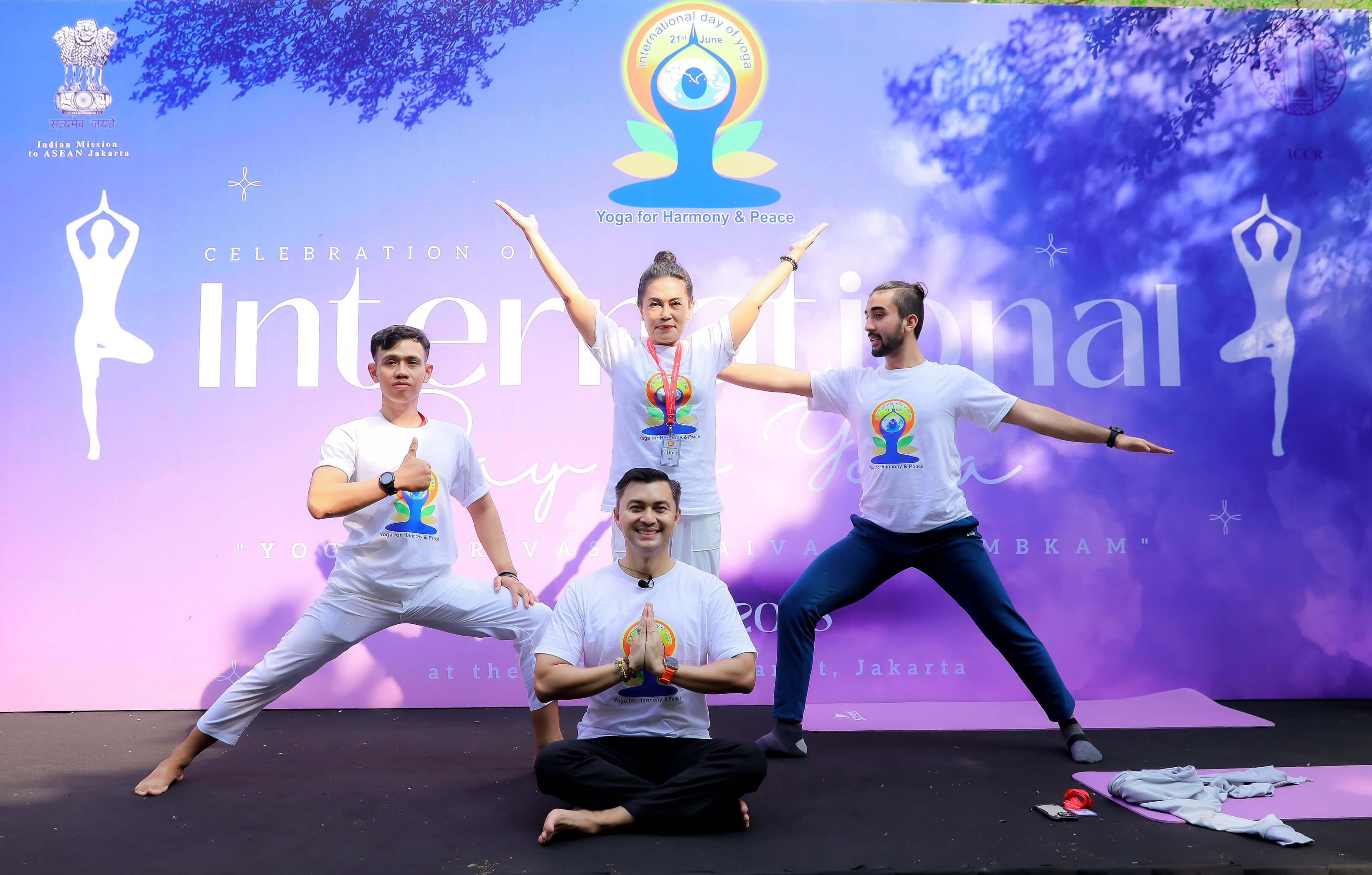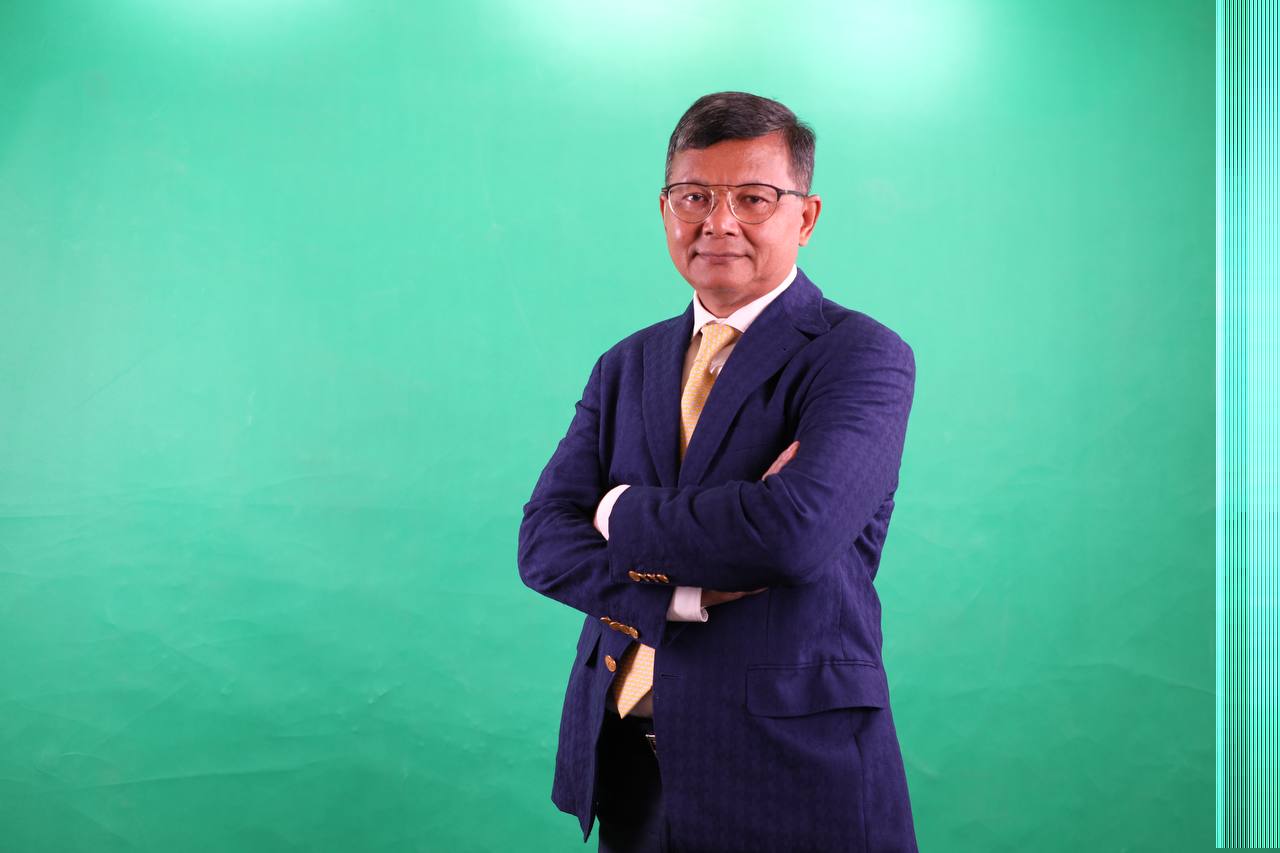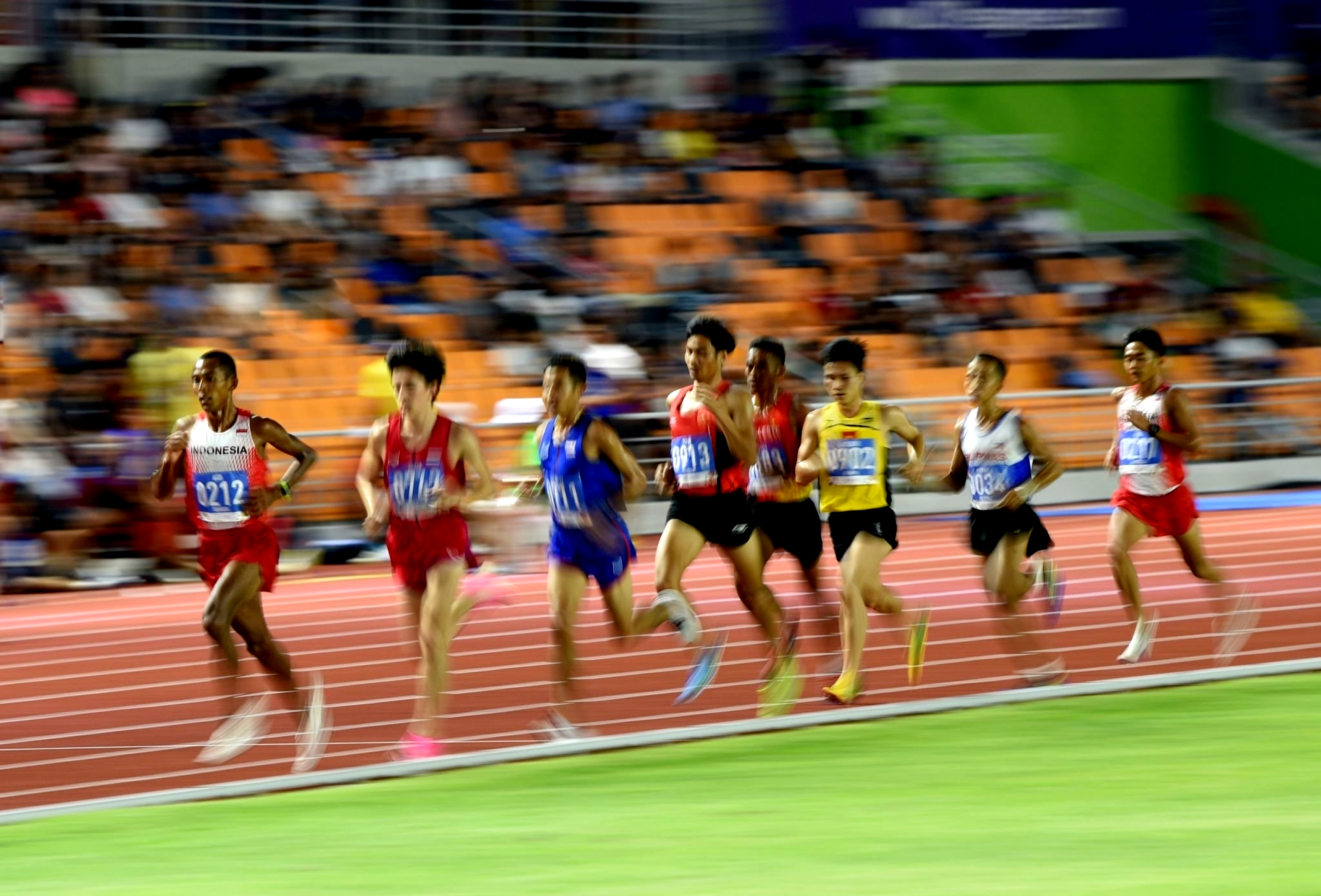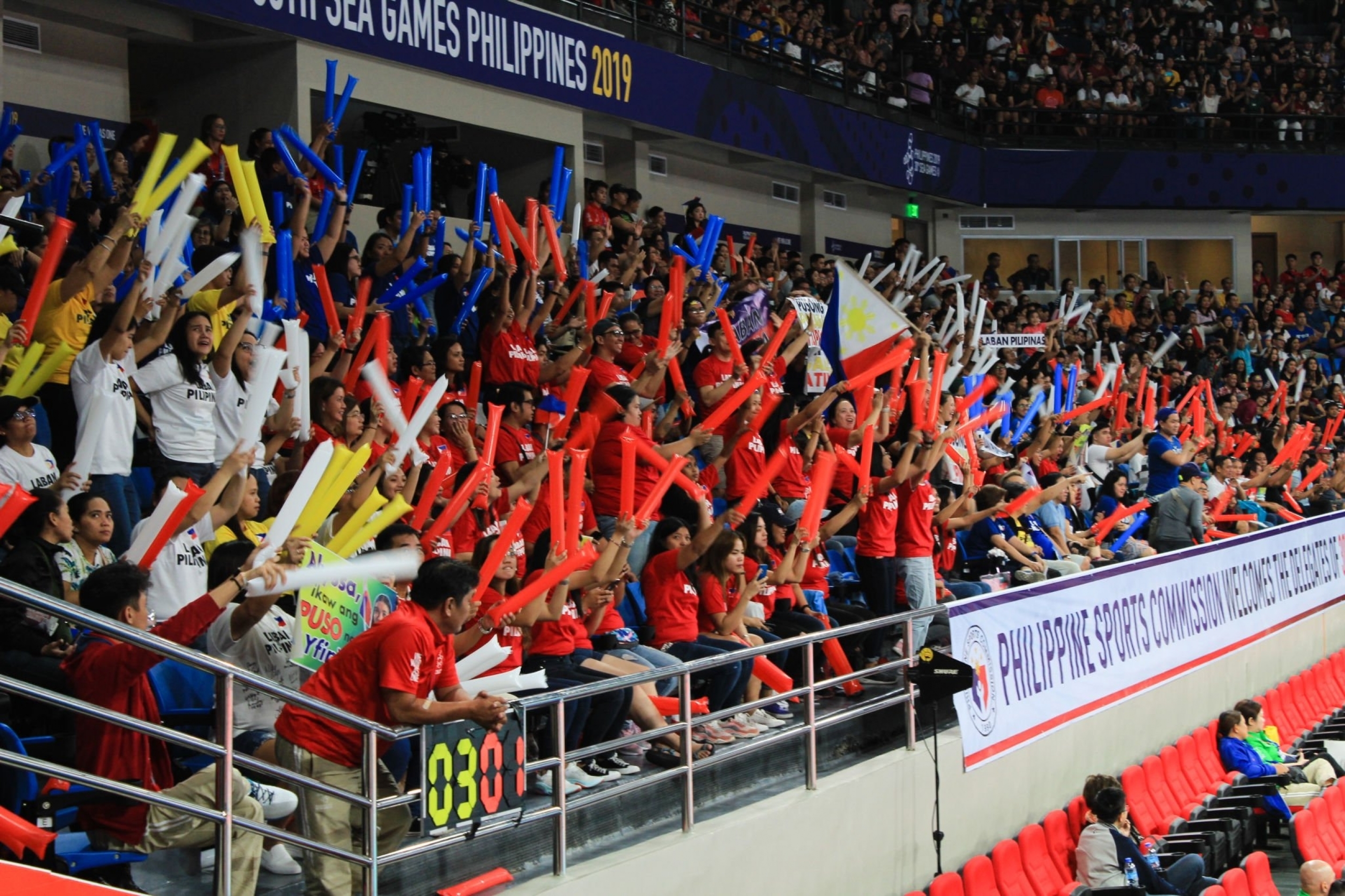



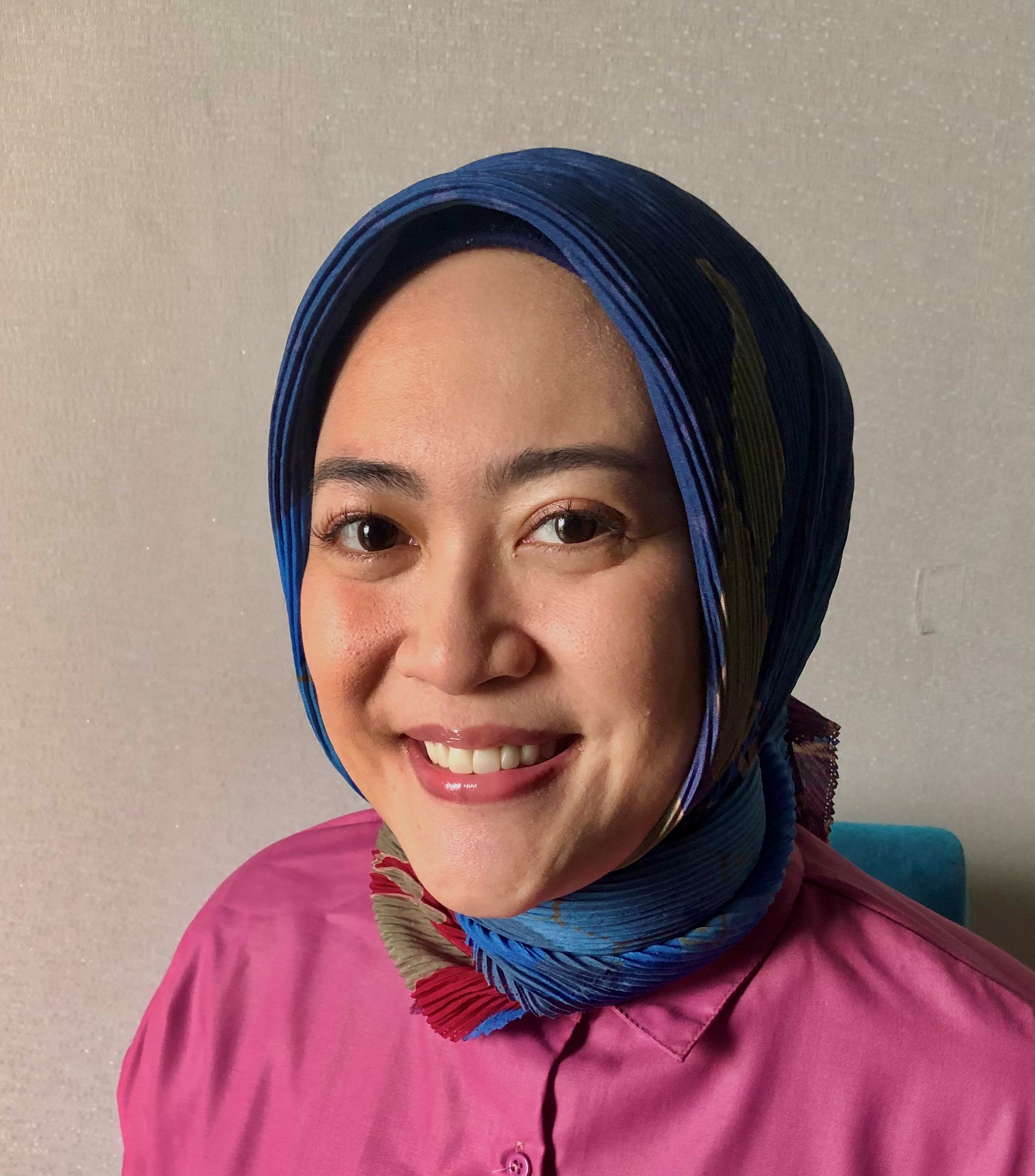
Sports spark joy in almost every community. They are recreational, bring people together, and spur friendly conversations even among strangers. Different kinds of sports are played or watched by people from all walks of life around the globe to feel good, for a healthier lifestyle, or for some, for socio-economic reasons. ASEAN is not an exception.
In April 2010, at the 16th ASEAN Summit in Ha Noi, Viet Nam, the ASEAN Leaders agreed on intensifying cooperation in sports within the region. This led to the establishment of the ASEAN Ministerial Meeting on Sports or AMMS and the ASEAN Senior Officials Meeting on Sports or SOMS.
Two years after the establishment, in 2013, the ASEAN Sports Ministers adopted the Vientiane Declaration on Sports Cooperation in ASEAN, which articulates ASEAN’s endeavour to promote community-based, non-discriminatory, affordable, accessible programmes, with conducive ecosystem for all ages and performance levels. The declaration also commits to sustain the contribution of the ASEAN sports industry in enhancing the socio-economic development of ASEAN.
In the past decade, the ASEAN sports sector, national sports agencies, and relevant sports entities have significantly developed and undertaken many ASEAN-driven initiatives, such ASEAN Para Games, ASEAN School Games, and the Southeast Asian (SEA) Games.
In the last two years, the sports sector deepened its conversations on mental health and well-being, and the promotion of healthy lifestyles, noting how these have become critically important for the people in the region in the midst of the pandemic. Although societies, especially in cities and urbanised areas, have discovered more ways to exercise and try new sports through mobile fitness apps and various social media challenges—or being introduced to the world of eSports, people in rural areas remain engaged in their daily physical activities, community sports or even traditional sports and games.
Sports during the COVID-19 pandemic
Amidst all the COVID-19 restrictions, a number of major sports events pushed through. The Tokyo 2020 Games and Beijing 2022 Winter Olympics were successfully held after many months of isolation and deferment of large-scale physical sports events. ASEAN athletes did extremely well in these events and in December 2021, ASEAN feted the medalists of Tokyo Olympic and Paralympic Games at a hybrid event.
To better understand the state of sports participation and interest in the region, including in the context of how societies have adapted to the pandemic, in 2021, an ASEAN Survey on Sports Participation was undertaken. Led by Singapore through its Ministry of Culture, Community and Youth and conducted by Portas Consulting as part of its Active Citizens Worldwide initiative, the survey aimed to measure sports’ contribution to socio-economic development in 10 ASEAN cities. The survey highlighted that physical activity is creating value to economies through expenditure, investment, and employment.
Aligning ASEAN’s sports goals with the SDGs
Although addressing sports cooperation through socio-economic perspectives has been prescribed under the 2013 Vientiane Declaration,
establishing a comprehensive multistakeholder approach with a well-rounded set of policies and programmes requires resources, time, and building capacity.
In 2017, ASEAN aligned its sports strategies with the Kazan Action Plan, a global document that regards sports as an enabler of the UN Sustainable Development Goals. This alignment, articulated in the Joint Statement of the Fourth ASEAN Ministerial Meeting on Sports, informed the development of the ASEAN Work Plan on Sports 2021-2025 consisting of five priority areas. These priority areas are as follows:
i. Sports’ Contribution to Key Development Outcomes and Peace;
ii. Promotion of Healthy Lifestyle through Sports Participation and Physical Activities;
iii. Professional Capacity Development, Sports Integrity, and Sports Science;
iv. Promoting ASEAN Awareness through Sports Activities, Sports Tourism, and Sports Industry; and
v. Resource Mobilisation, Partner Engagement, and Monitoring and Evaluation (M&E) for ASEAN Cooperation on Sports.
Partnership with sports stakeholders
The ASEAN sports sector has also been strengthening collaboration with relevant ASEAN entities, such as the ASEAN Football Federation, ASEAN Para Sports Federation, ASEAN Chess Confederation.
Formal cooperation with new partners has also been made, such as with the Commonwealth Secretariat for technical support in measuring sports’ contribution to socio-economic development and the SDGs. Memorandums of Understanding have also been signed with the Fédération Internationale de Football Association (FIFA) and the World Anti-Doping Agency (WADA).
Beyond these, many other partners also contribute to the implementation of the ASEAN Workplan on Sports 2021-2025, including UNESCO, UN Women, the International Federation of Red Cross and Red Crescent Societies (IFRC), Southeast Asia Anti-Doping Organisation (SEARADO), and the Right to Play Foundation. Even further, quite a number of inspiring athletes and sports personalities are involved in ASEAN’s sports campaigns, such as the ASEAN-FIFA #BeActive, #FiveSteps, and #ReachOut videos, as well as ASEAN #WeScore Campaign, an awareness-raising initiative on gender equality in sports supported by the Government of Japan.
Cooperation with dialogue partners
Cooperation with Dialogue Partners plays a crucial role in the advancement of ASEAN sports cooperation through exchange of expertise, capacity building, and resource mobilisation.
In the First ASEAN Plus Japan Ministerial Meeting on Sports (1st
AMMS+Japan) held in 2017, four priority areas of cooperation were agreed on: (i) development of physical education teachers and coaches, (ii) increasing participation of women in sports, (iii) advancing sports for persons with disabilities, and (iv) anti-doping campaign and capacity building. Building on the legacy of Tokyo 2020 Games and the emerging priority on sports industry and sports science, ASEAN and Japan will explore collaboration on sports management towards improving the contribution of sports to socio-economic development of ASEAN and its Member States.
ASEAN sports continues to strengthen cooperation with Dialogue Partners, by establishing a new sports cooperation mechanism with China through SOMS+China and AMMS+China, and with the Republic of Korea through the forthcoming implementation of a multi-year ASEAN-Korea FIELD Programme (Football Interpersonal Exchange and Leadership).
Next steps
Under Cambodia’s 2022 ASEAN Chairmanship, ASEAN leaders adopted at the 40th and 41st ASEAN Summits in November 2022 the first two ASEAN declarations in sports cooperation, namely: (i) ASEAN Declaration onLeveraging the Role of Sports inASEAN Community Building andAchieving the SDGs; and (ii) ASEANDeclaration on Fostering ASEANIdentity through the Safeguarding ofTraditional Sports and Games (TSG) inthe Modern World.
It is clear that since its establishment in 2011, the ASEAN sports sector has promoted healthy lifestyles and advocated for sports for socio-economic development and to achieve the UN Sustainable Development Agenda. The sector also contributes to the promotion of ASEAN values and identity, and the further consolidation of the ASEAN Community.
Some may say sports competitions are divisive as they can trigger spectator chaos, thus, it may negatively affect the way we nurture ASEAN Identity. However, seeing it from a broader perspective, sports do foster a sense of solidarity and develop integrity, as well as leadership—as they teach our communities sportspersonship principles and life skills that transcend different ages and socio-economic backgrounds. Sports teach us to become more resilient and how to enjoy the moment regardless of the winning or losing team.
These core values sports can offer will emerge as an exciting way to promote community integration and peace in the region. ASEAN will go deeper and broader in the game by exploring how sportsmanship can strengthen the spirit of unity in diversity and create socio-economic benefits for the peoples of ASEAN.




